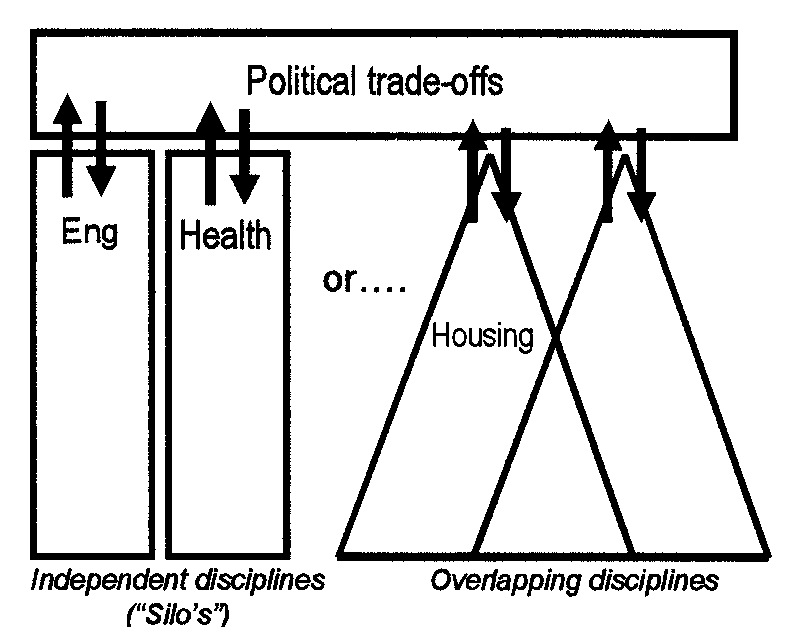
| Academic (1.1) | Practical (1.2) |
|
Active life-long learning (1.1.1) - accessing information - lifelong professional development - initiative to continue learning |
Technical know-how and skills (1.2.1) - scientific method and analysis - knowledge of contemporary issues - materials and design knowledge |
|
Knowledgeable analysis (1.1.2) - compare information or situations - interpret & analyse, recognising the relevance of, given information - evaluate the viability of solutions - plan provision of services |
Numeracy (1.2.2) - understand technical information and the basic structures of an engineered system - perform basic calculations - interpret diagrammatic information (e.g. graphs) - visualise plans & product |
|
Technical decision-making and problem solving (1.1.3) - analyse new situations - integrate and apply diverse fields of knowledge in practice - overcome obstacles - revise processes |
Information (ICT) Skills (1.2.3) - software applications - macro writing - design tools - seek, store & retrieve info as needed |
| Administrative (2.1) | Intrapersonal (2.2) | Interpersonal (2.3) |
|
Business sense (2.1.1) - understand business processes - estimate economic costs - project management - knowledge of legislation and public policy |
Listening (2.2.1) - listen to others - synthesise different perspectives - observe interactions |
Teamwork (2.3.1) - respect for others - productive working relationships - function on multi-disciplinary teams |
| Environmental awareness (2.1.2) | Creativity / Innovation (2.2.2) - original & alternative solutions - show initiative |
People management and leadership (2.3.2) |
|
Ethical (2.1.3) - show integrity - belong to professional societies - responsible to the profession - confidentiality |
Adaptable (2.2.3) - anticipate and predict change - manage change - help others adapt |
Working with stakeholders (2.3.3) - client focus - understand needs of clients - negotiation - work within socio-economic context |
|
Time management (2.1.4) - establish time frames - maintain timelines - meet deadlines |
Awareness of self in context (2.2.4) - motivation - designated responsibility - multiple demands - aware of potential problems |
Communication (2.3.4) - language proficiency - AV presentations - comprehension and writing - oral communication - interpersonal communication |
| Judgement - Judgement is fundamental to methodological, social and personal competence and impacts in every decision and sphere of influence of the individual - Judgement includes the ability to evaluate information, isolate central issues in decisions, balance competing interests and check viability of decisions |